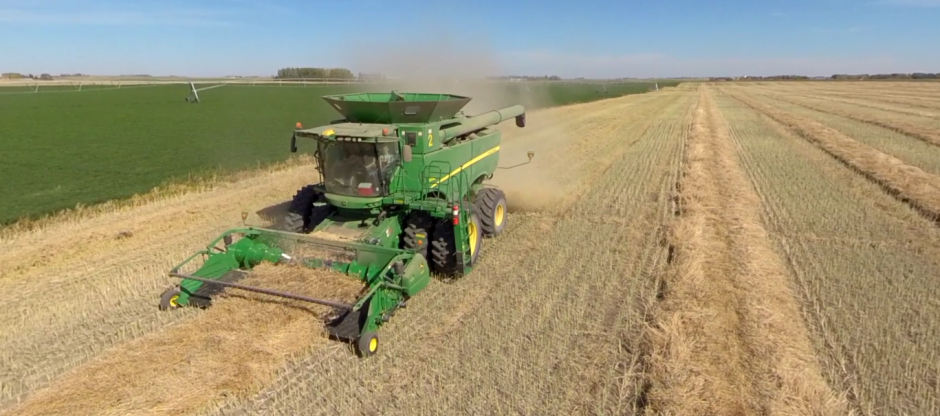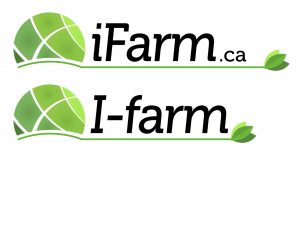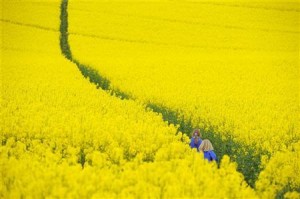What is your farm’s value proposition?
There was a time when purchasing land was part of a farm’s growth strategy. That strategy is quickly changing as land values increase and demographics shift. Today, land is trading well above its capacity to provide a return on investment through agriculture. At the same time, we’re now seeing the first generation of children removed from the farm who now own the land assets. In addition, we now have more corporate ownership of lands, those who have no ties to the land or our country.
First, the reason land leasing makes more sense here is simple economics. Land values in my area are roughly $2,600 acre and rising. I could lease that land for $70.00 an acre or 2.7% of its value. To buy 1,000 acres of land with 25% down at 5% on a 25-year mortgage it would cost me $146.00 an acre to cash flow before I put a seed in the ground. That’s twice the value of land rent plus the capital tied up in the $520,000 down payment.
Secondly, we have started to see a shift in land ownership where parents in their 70-80’s are passing down the family farm to be managed by the children. The children may or may not know who is farming their land and may not even live near the farm they now own and manage. The tenants go from a strong relationship with the owners to none in a heartbeat and it’s a very uneasy feeling. In the case where the land is sold, we are starting to see more outside investment in farmland, so once again, the relationship starts at ground zero.
We know that leasing more land than you own is the new model, so how do you reduce the risk of losing that land with new ownership? How do you attract those owners as someone they would like to lease land to? Simple, you offer a better value proposition than your competitor. Competing on cash rent alone is a losing, short-term strategy so it’s time to find out what corporate farms and the younger generation wants from a tenant.
When you look at the mission statements of corporate or large family owned farms with international footprints, they focus on three things:
1) Social 2) Economic 3) Environmental
The first pillar is a social responsibility. What are you doing to make your community better? How do you treat your employees and the people you deal with? Are you just a farm who crops land around a community or do you engage that community with your brand by sponsoring sporting events and supporting local businesses? Ask yourself this. What would your employees or people in the community say about you and your farm? The answer should tell you if you need help in this area or not.
The second pillar is economic. Do you employ the best farming techniques available today? Is your farm team engaged and pushing efficiencies and productivity higher? Can you prove it? How do you compare against the area average? If you farm like everyone else, then what sets you apart?
The third pillar is a key driver in almost every farm mission statement and that is environment. Though we don’t talk about it much in Western Canada, farmers do many things that are environmentally positive like no-till farming, less cultivation, few equipment passes, less fuel, smaller carbon footprint, etc. Take it a step further and consider harnessing a wetlands project or creating a project by leasing a site to promote wildlife or biodiversity on your farm. It may sound odd to have this in place but if your new landlord is from outside North America, they are going to ask about your environmental stewardship plan or projects.
The reality is, demographics point to a more removed type of landowner. In order to remain competitive and reduce the risk of losing land to owners who don’t know you, you have to sell your story. The future is not about who can pay the highest cash rent. It’s about landowners partnering with the right farms who tick the right boxes. I suggest we all have a sit down and plan out how that looks on your farm. SL


